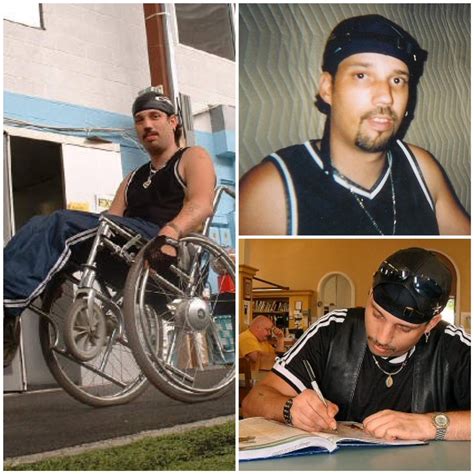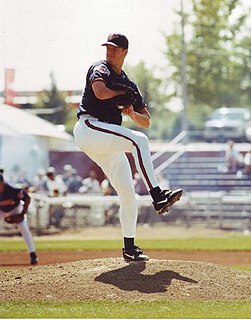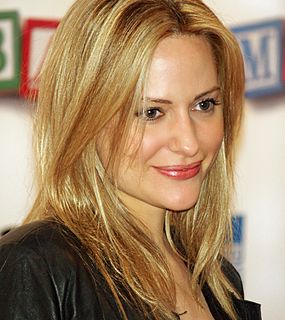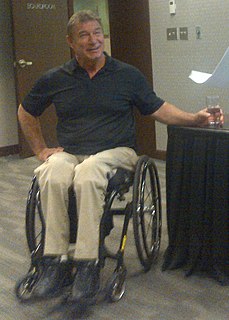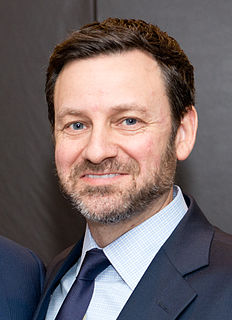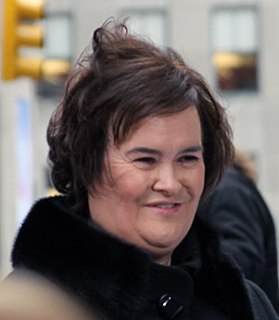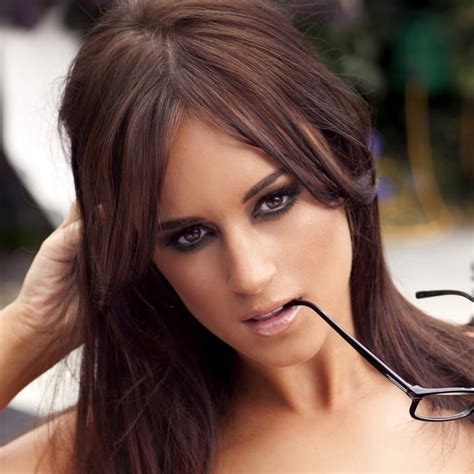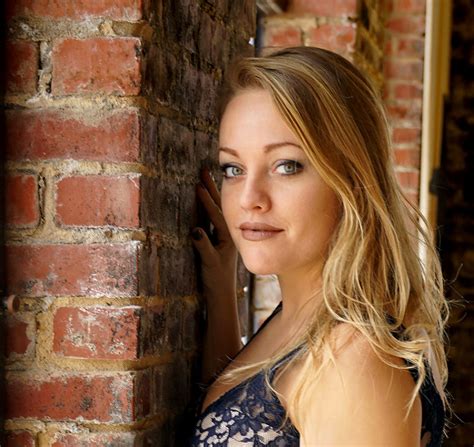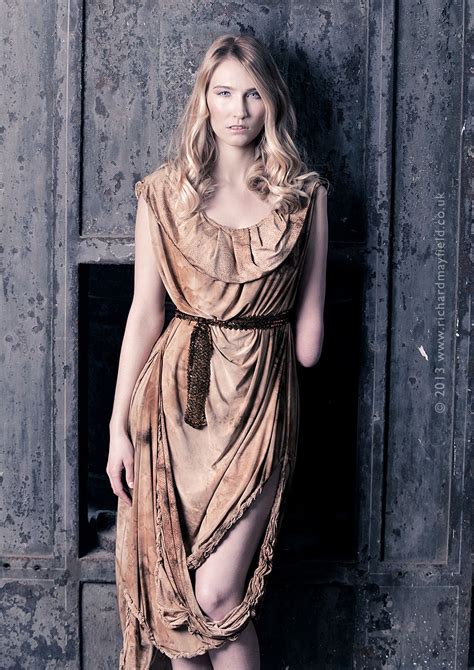A Quote by Robert M. Hensel
Know me for my abilities, not my disability.
Quote Topics
Related Quotes
A savant, by definition, is somebody who has a disability and, along with that disability, has some remarkable ability. Prodigies and geniuses have the remarkable abilities that the savant shows, but they do not have a disability. So, by definition, a savant includes someone with a disability, and a prodigy or genius are people who have these remarkable skills but they do not have a disability.
There are millions of people out there ignoring disabilities and accomplishing incredible feats. I learned you can learn to do things differently, but do them just as well. I've learned that it's not the disability that defines you, it's how you deal with the challenges the disability presents you with. And I've learned that we have an obligation to the abilities we DO have, not the disability.
When I met my first savant in 1962, I was impressed by the abilities in these youngsters who had severe disabilities. They appeared to me to be islands of genius in the sea of disability. So I've maintained that word picture since that time, of these islands of genius that are so striking and so jarring when you see them, especially in people who have severe disability.
Keep the extent of your abilities unknown.The wise man does not allow his knowledge and abilities to be sounded to the bottom, if he desires to be honored at all. He allows you to know them but not to comprehend them. No one must know the extent of his abilities, lest he be disappointed. No one ever has an opportunity of fathoming him entirely. For guesses and doubts about the extent of his talents arouse more veneration than accurate knowledge of them, be they ever so great.
